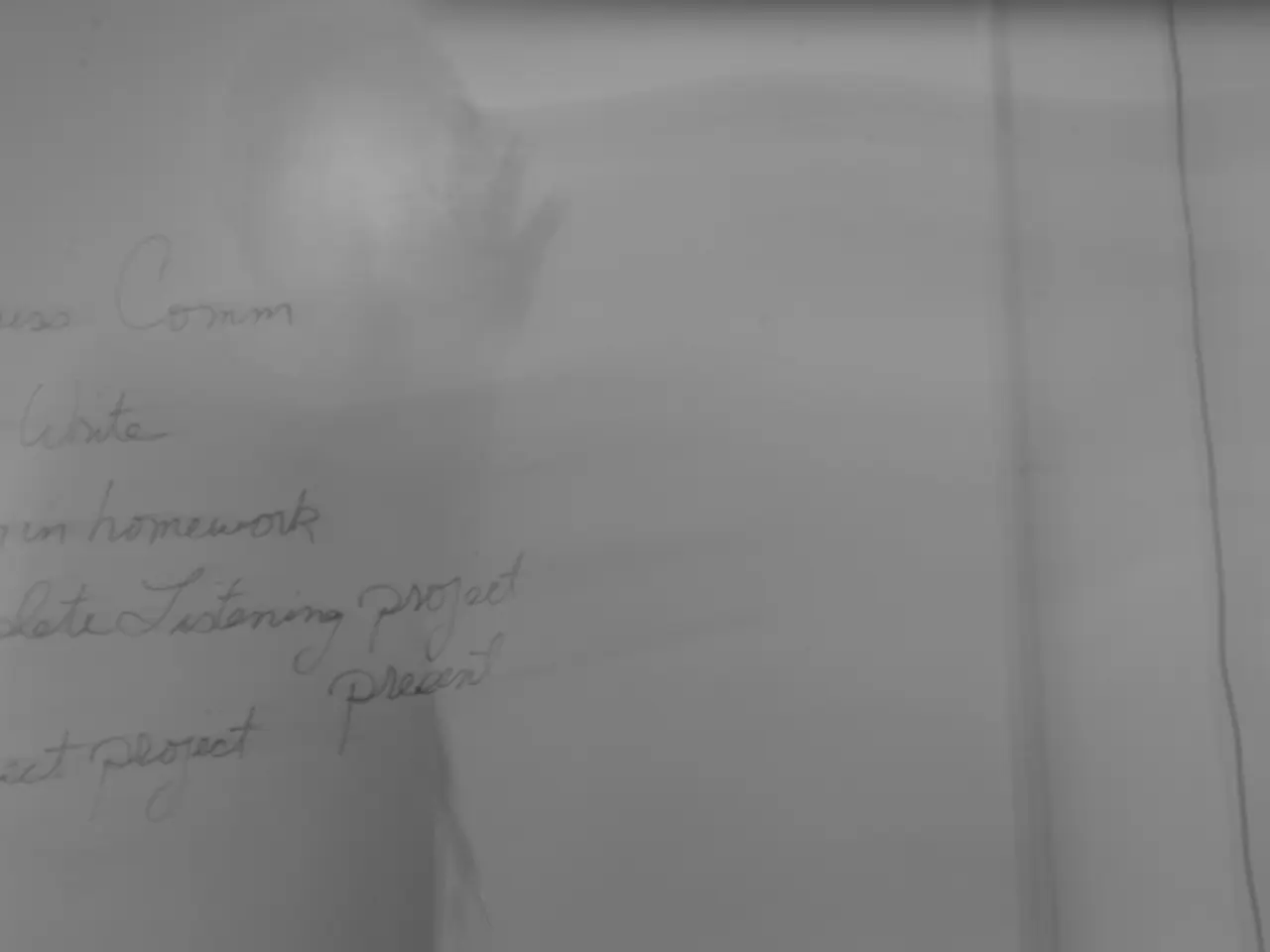Sociological Examination of Merton's Strain Theory Describing Deviant Behavior
In the realm of criminology, Strain Theory, a concept developed by sociologist Robert Merton, offers a compelling explanation for why deviance occurs. The theory posits that social inequality creates a gap, or strain, between culturally prescribed goals (such as wealth or success) and the limited legitimate means available to achieve those goals, particularly for disadvantaged groups.
According to Strain Theory, society sets broad success goals but does not provide equal access to the legitimate means for everyone to achieve them. This inequality produces pressure on individuals who experience blocked opportunities, leading some to innovate through deviance (e.g., criminal acts) or respond in other ways such as ritualism, retreatism, or rebellion.
General Strain Theory, an expansion of Merton's original theory, broadens the scope of strain theory. It suggests that deviance can result from a variety of life stresses, not just economic barriers. The theory identifies three main types of strain that can push people toward deviance or crime: failure to achieve goals, loss of positive stimuli, and presentation of negative stimuli.
Examples of high-risk strains include school-related issues like poor academic performance, hostile or unsupportive relationships with teachers, bullying, and other abusive peer interactions. Additionally, familial issues like parental rejection, child abuse or neglect, marital conflict, and the use of humiliation, threats, shouting, or physical punishment are also considered high-risk.
Victimisation, such as experiencing personal harm or loss as the victim of a crime, and discrimination based on race, gender, religion, or other social identities are also high-risk strains. Economic strains like jobs involving unpleasant tasks, little autonomy, low pay, low prestige, or limited promotion opportunities; unemployment; homelessness; and living in disadvantaged urban areas are also considered high-risk.
Whether strain leads to crime depends on a person's coping resources: people with healthy coping strategies are less likely to break the law, while people with limited coping options may see crime as their best or only way to manage the situation. General Strain Theory highlights the importance of social support, fair treatment, and emotional coping skills in preventing crime.
It's important to note that while Strain Theory provides a valuable framework for understanding deviance, it has its critics. A key criticism is that it focuses too heavily on working-class crime while neglecting deviance among the wealthy and powerful. Another criticism is that Merton's Strain Theory has a cultural bias, assuming that everyone in the United States shares the same materialistic goals.
Empirical support for Merton's original theory is inconsistent, and research has found that strains linked to negative emotions, particularly anger, are more likely to result in criminal coping. However, General Strain Theory improves on Merton's model by recognising a wider range of strains, including loss of valued relationships and exposure to harmful experiences.
In conclusion, Strain Theory offers a compelling explanation for why deviance occurs, highlighting the role of social inequality in creating tension between societal expectations and unequal access to approved methods of goal attainment. By understanding this tension, we can work towards creating a more equal society and reducing deviance.
Read also:
- India's efforts to lessen reliance on China for scarce earth minerals
- Asia's health landscape significantly shaped by philanthropic efforts - Nations bolstered to become self-sufficient in healthcare.
- List of Black Women in STEM Fields Featured on Forbes' 2025 Over 50 List
- Unexpected bonus or present could catch you off guard today, Leo, according to horoscopes for August 13, 2025.




